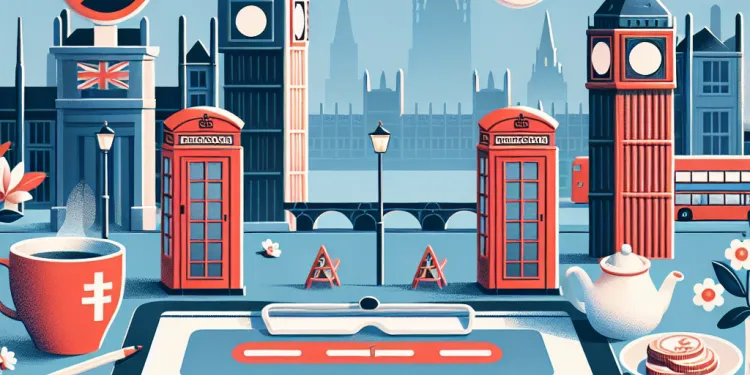
Find Help
More Items From Ergsy search
-
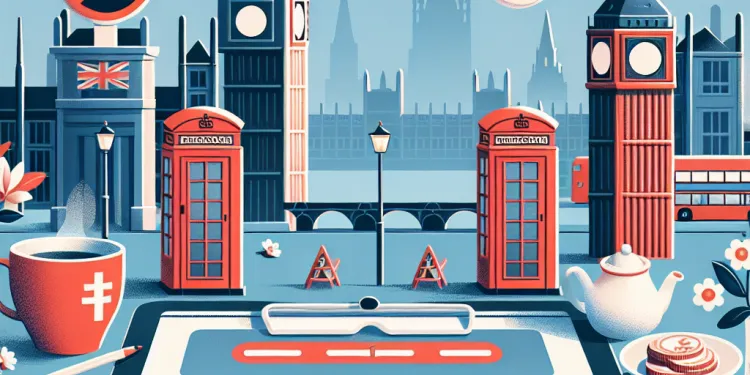
Why is there a call for public consultation regarding the cuts?
Relevance: 100%
-
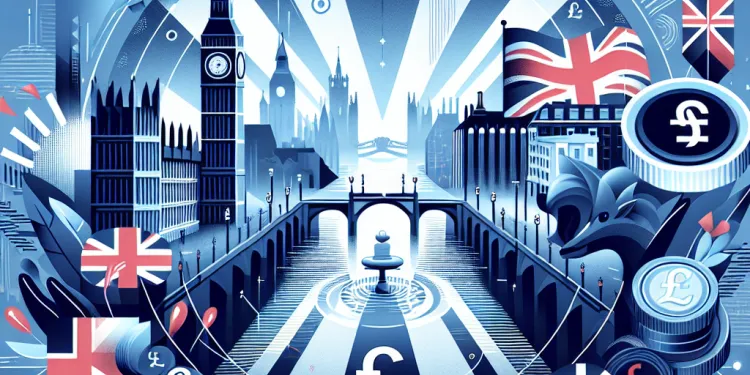
When are the proposed cuts expected to take effect?
Relevance: 51%
-
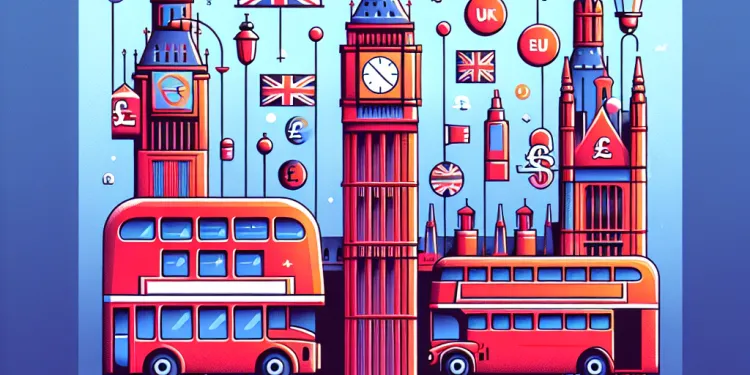
Are there any groups exempt from the proposed cuts?
Relevance: 51%
-
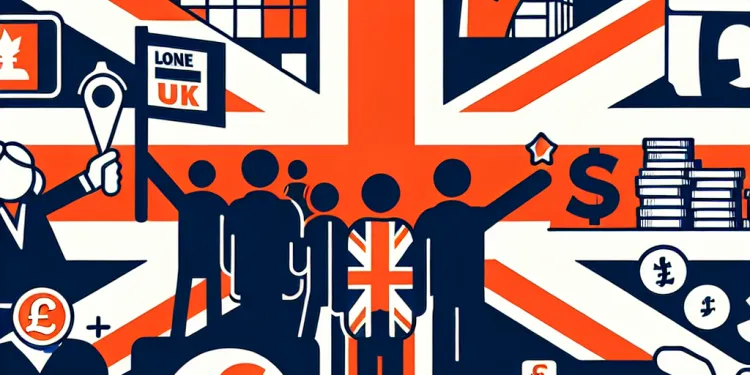
What advocacy efforts are being undertaken to resist the cuts?
Relevance: 49%
-
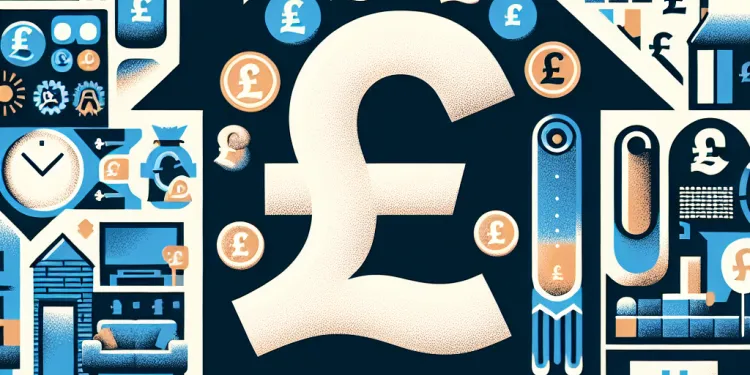
What is the main reason for the proposed cuts to housing benefits?
Relevance: 47%
-
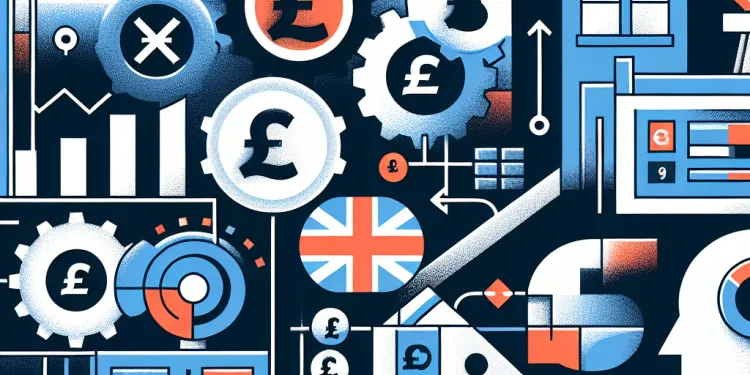
How can individuals contribute to the discussion on housing benefit cuts?
Relevance: 46%
-
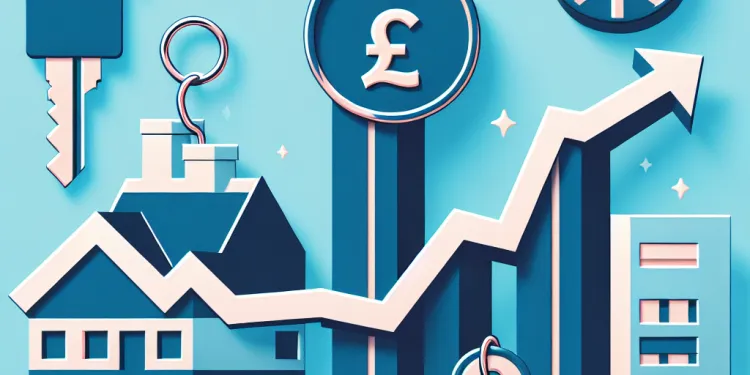
What are the proposed Cuts to Housing Benefits Amid Rising Rents?
Relevance: 46%
-
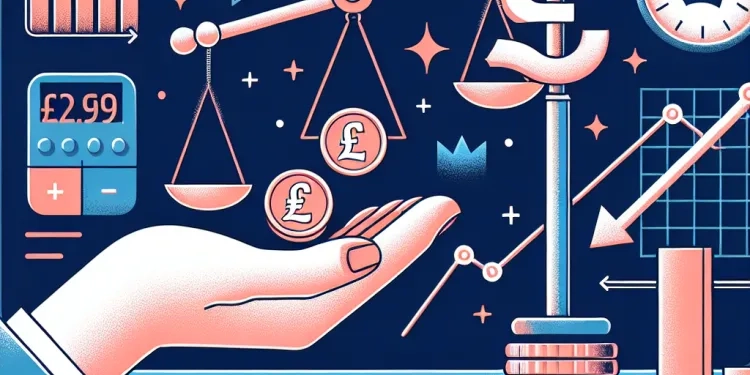
Proposed Welfare Cuts and Their Impact on Vulnerable Populations
Relevance: 46%
-
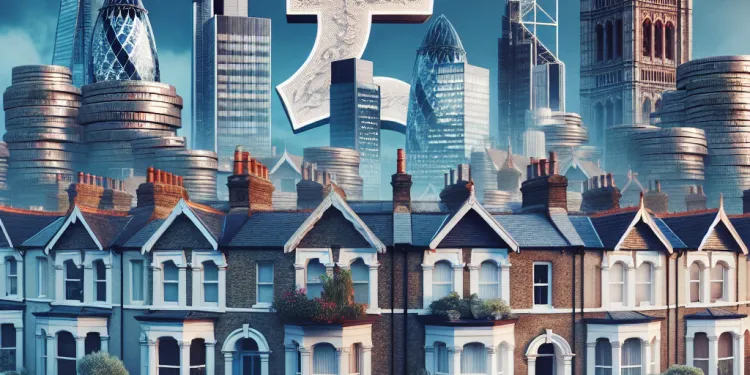
What are the potential long-term impacts of housing benefit cuts?
Relevance: 46%
-
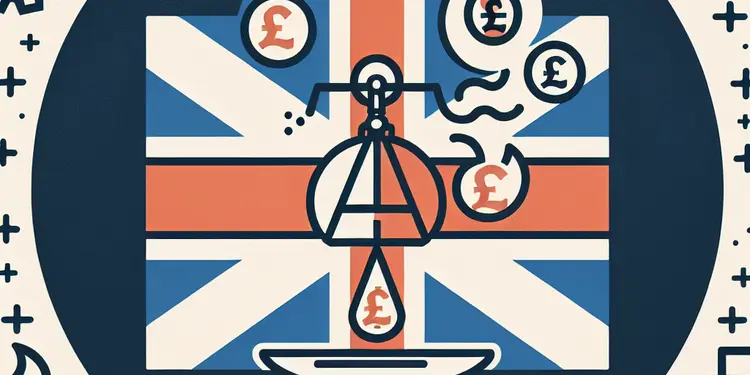
Legal Aid Cuts: Campaigners Warn of Access to Justice Crisis
Relevance: 45%
-
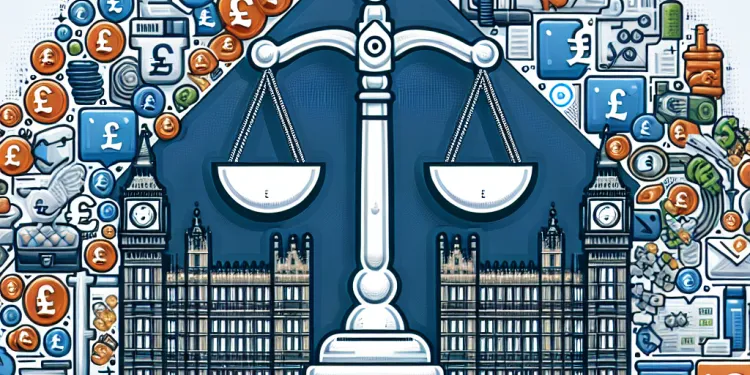
Is there any legal recourse for those affected by the housing benefit cuts?
Relevance: 43%
-
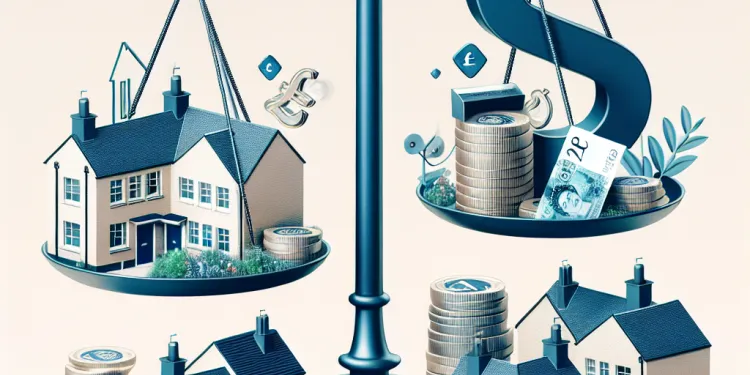
Is there a plan to offer additional support to offset housing benefit cuts?
Relevance: 42%
-
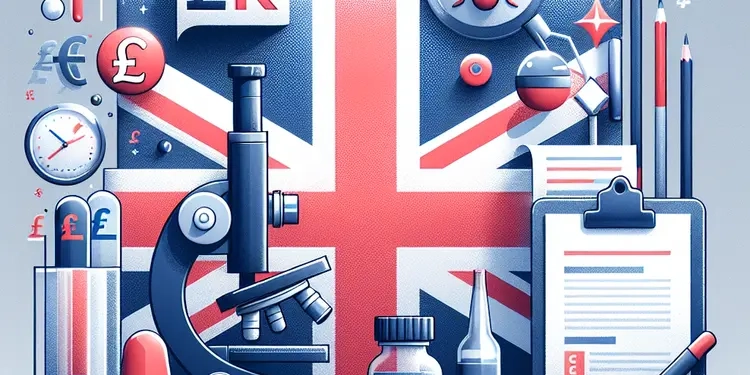
Why is the UK cutting funding to AIDS, Tuberculosis, and Malaria research?
Relevance: 42%
-
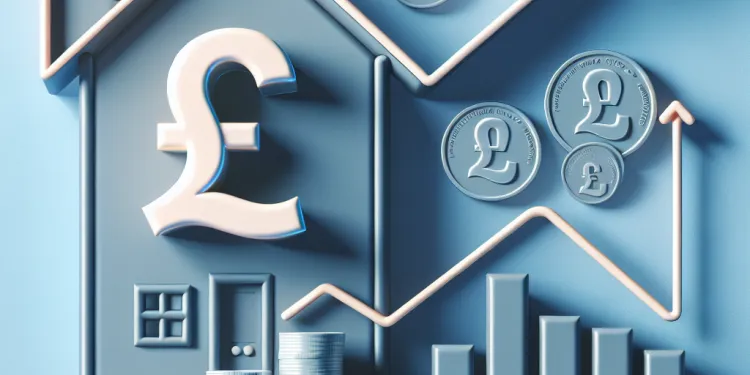
What is the relationship between rising rents and housing benefit cuts?
Relevance: 41%
-
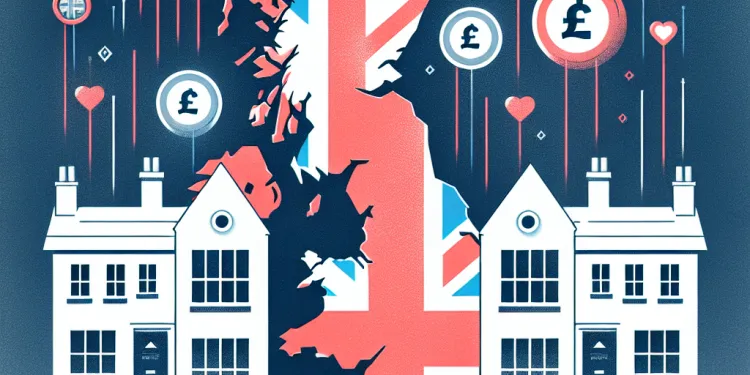
How will the cuts impact landlords?
Relevance: 40%
-
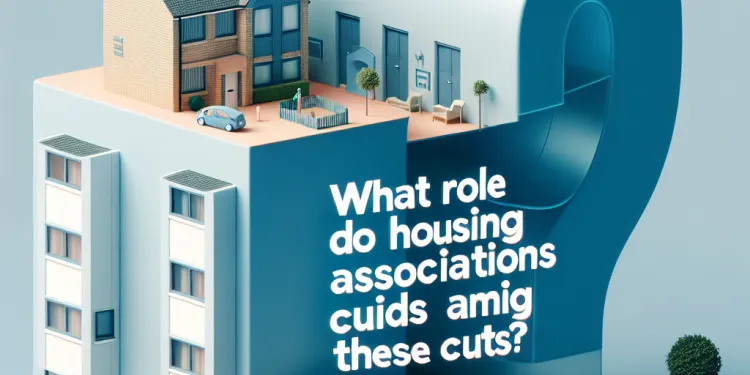
What role do housing associations have amid these cuts?
Relevance: 39%
-
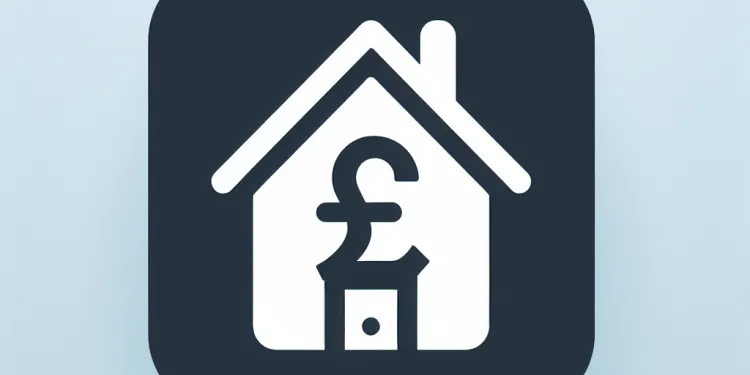
Who will be most affected by the proposed cuts to housing benefits?
Relevance: 39%
-
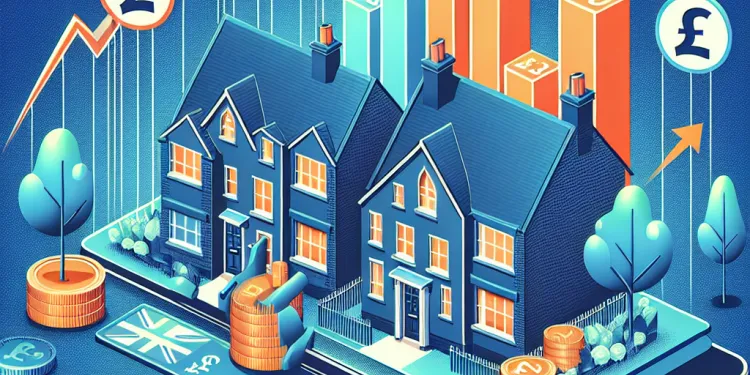
What can tenants do if they are affected by the cuts?
Relevance: 38%
-
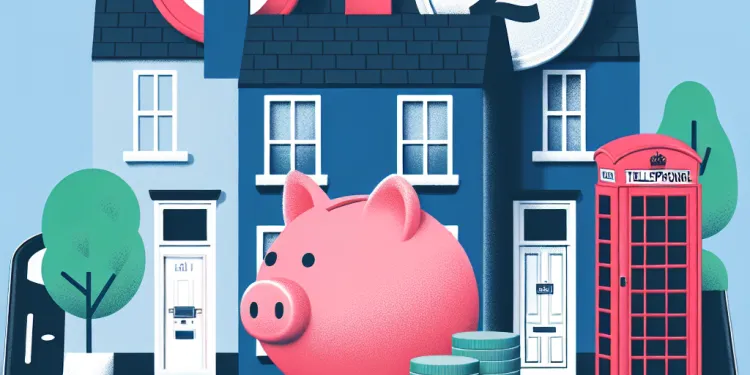
How will the proposed cuts impact tenants?
Relevance: 33%
-
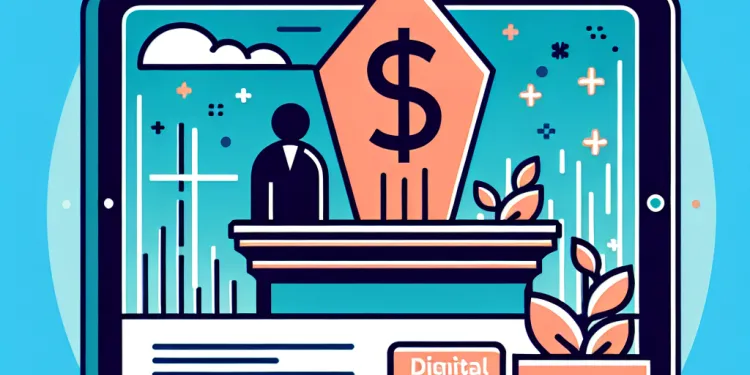
What is a public health funeral?
Relevance: 33%
-
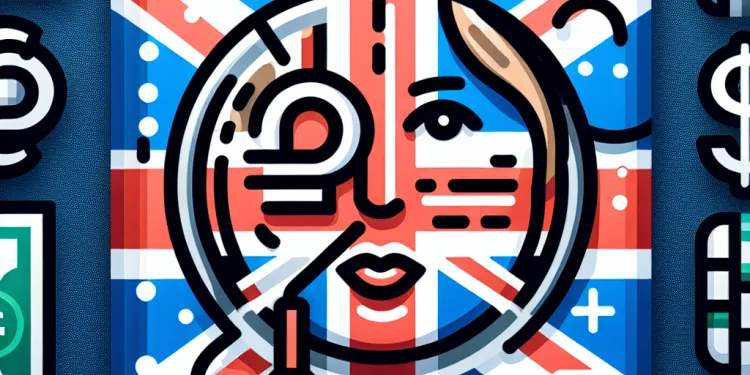
What should I expect during a consultation for a facelift?
Relevance: 32%
-
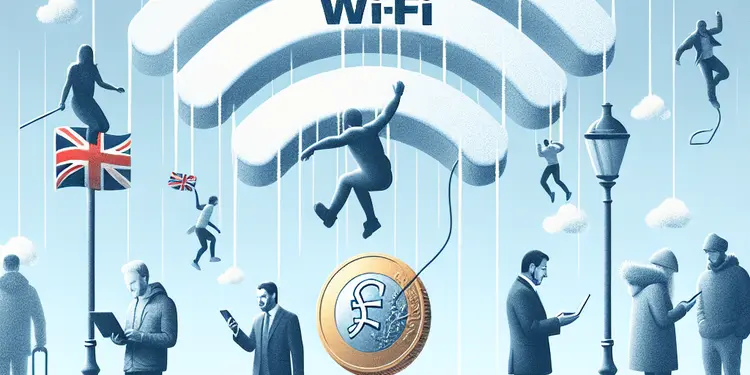
What are the risks of using public Wi-Fi?
Relevance: 30%
-

Can I consult with NHS doctors online for prostate cancer?
Relevance: 30%
-
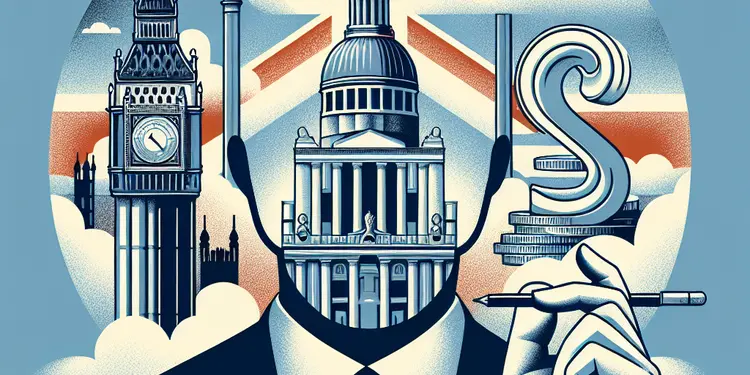
How should companies consult employees about redundancy?
Relevance: 30%
-
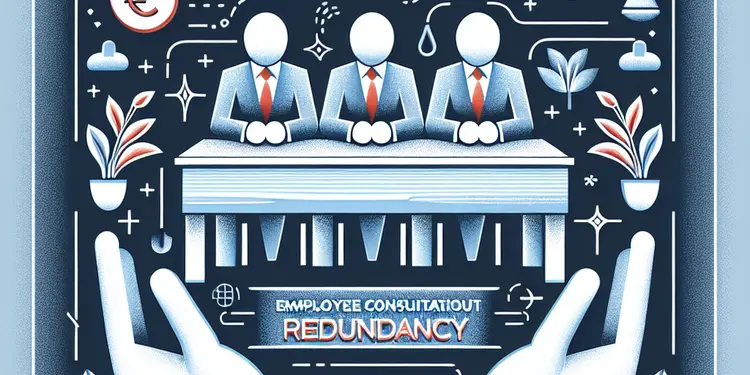
How should companies consult employees about redundancy?
Relevance: 30%
-
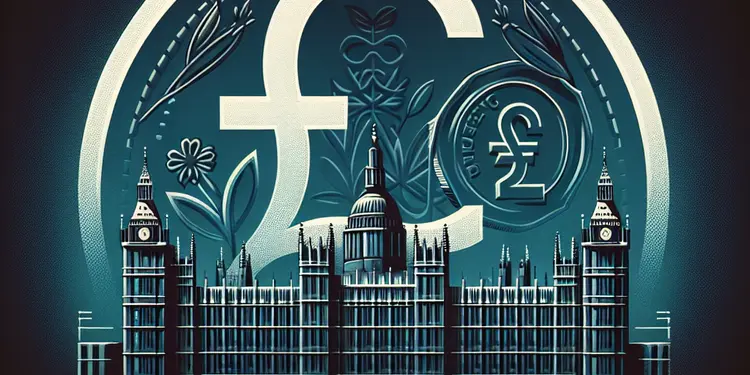
Is public safety a consideration in indefinite sentencing?
Relevance: 30%
-
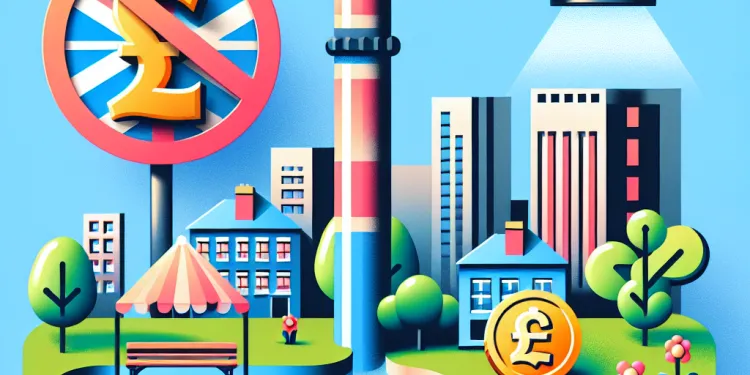
Do hosepipe bans apply to public parks and gardens?
Relevance: 30%
-
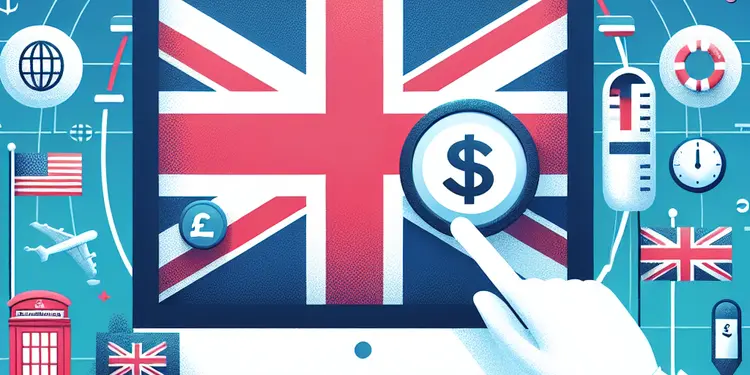
What impact does leaving WHO have on US public health policy?
Relevance: 30%
-
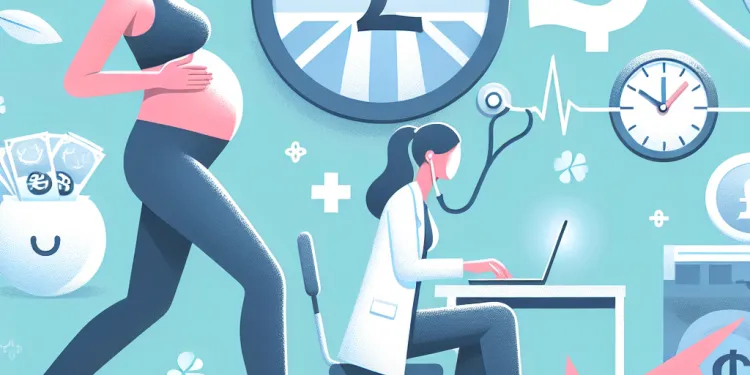
Do I need to consult a doctor before exercising during pregnancy?
Relevance: 30%
-
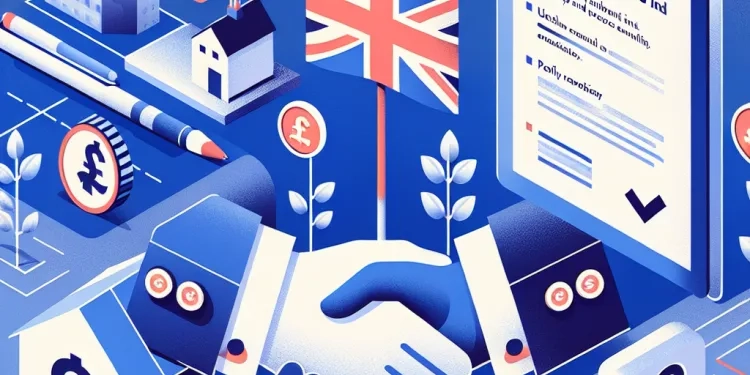
Is there a difference in responsibility between public and private land?
Relevance: 30%
-
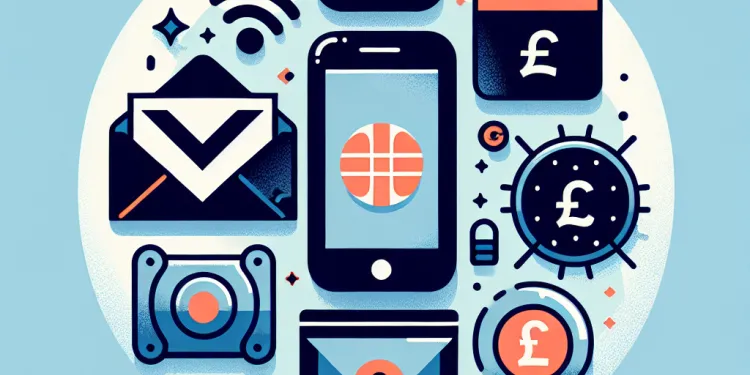
Is it safe to use public Wi-Fi to check my email?
Relevance: 29%
-
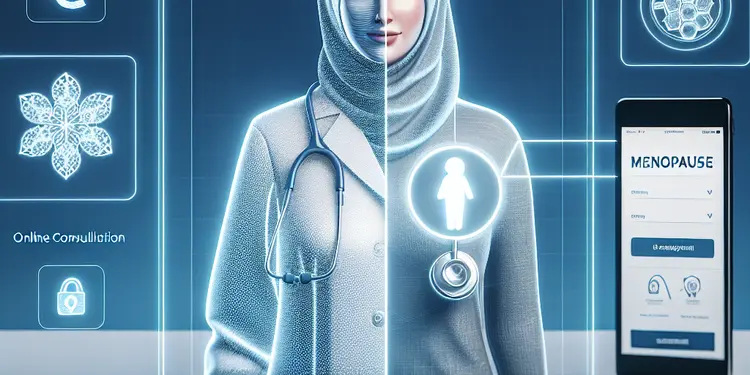
Can I consult with a specialist about menopause online through the NHS?
Relevance: 29%
-
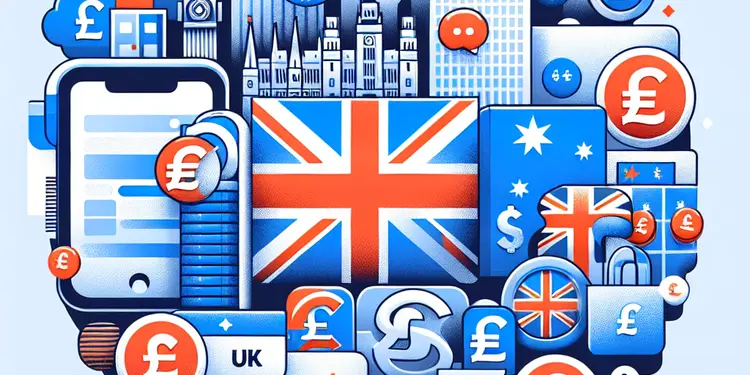
Is there public support for the social media ban in Australia?
Relevance: 29%
-
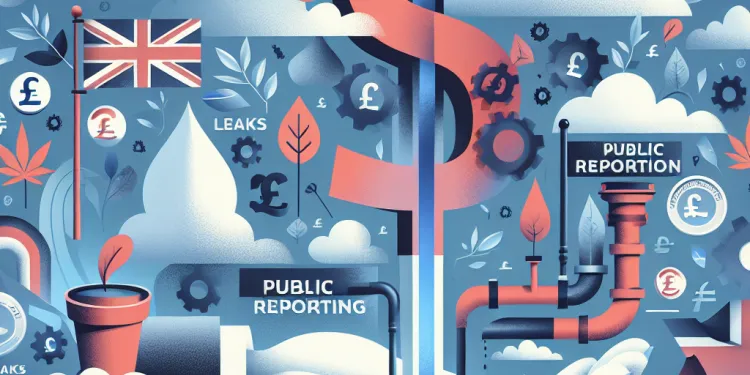
How does public reporting contribute to fixing leaks?
Relevance: 28%
-
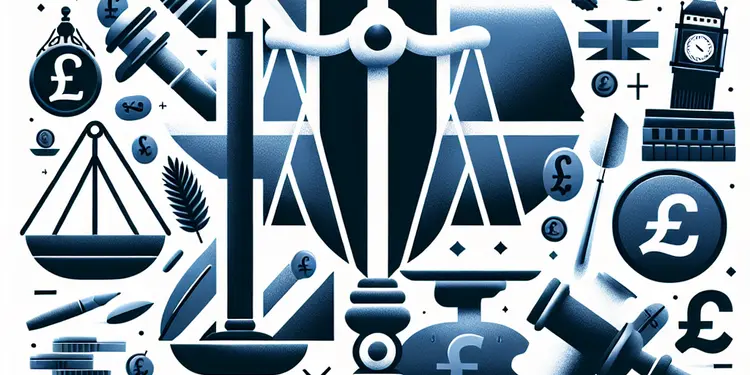
Can the Attorney General of the UK make decisions on public prosecution matters?
Relevance: 28%
-
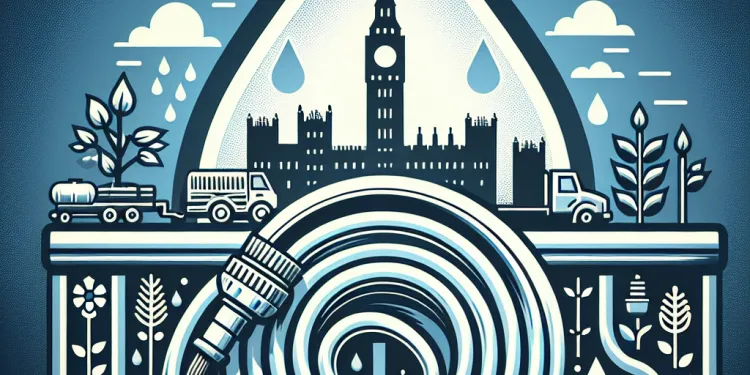
How are hosepipe ban restrictions communicated to the public?
Relevance: 27%
-
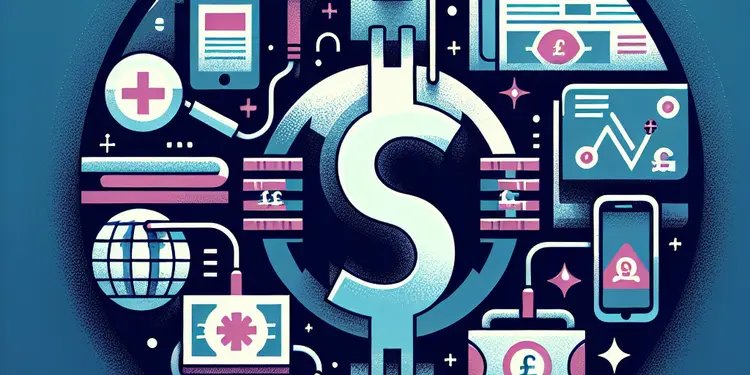
What sources should I consult for information on Covid-19?
Relevance: 27%
-

What public health measures are important for managing the plague?
Relevance: 27%
-
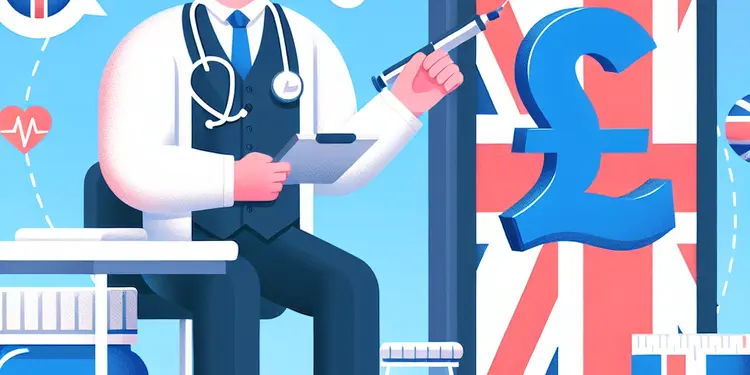
Is it necessary to consult a healthcare professional before purchasing weight loss drugs?
Relevance: 27%
-
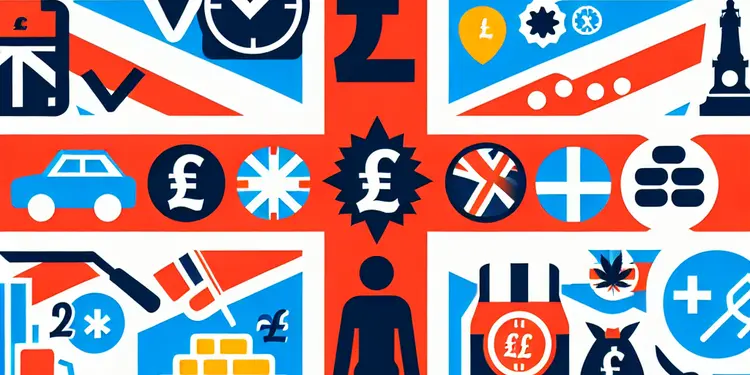
How does the sugar tax align with public health strategies?
Relevance: 26%
Understanding the Call for Public Consultation
The call for public consultation regarding financial and service cuts in the UK is growing louder as citizens seek to have a more significant influence on decisions that impact their communities. Public consultation is a process that allows citizens to express their views and concerns about proposed changes, ensuring that government decisions are informed by the people they affect.
Impact of Cuts on Communities
Service cuts, whether they are in healthcare, education, or local council services, can have far-reaching impacts on communities. Reduced funding often leads to a decrease in service quality, availability, and accessibility, affecting the most vulnerable populations disproportionately. In the UK, there has been considerable debate about austerity measures and their long-term consequences, making it crucial for the government to take public opinion into account.
Transparency and Accountability
Public consultation promotes transparency and accountability in the decision-making process. When citizens are involved in consultations, it compels decision-makers to justify their plans and provide robust evidence and explanations for their decisions. This transparency is vital in maintaining public trust, particularly during times of financial constraint, when tough decisions about cuts are being made.
Empowering Citizens
Inviting citizens to participate in consultations empowers them and fosters a sense of ownership over community decisions. It enables them to present alternative solutions, highlight potential issues, and support proposals benefiting the public. Public consultation can lead to more innovative and effective solutions, as policymakers can incorporate diverse perspectives and ideas.
Legal and Ethical Obligations
The UK government and local authorities have legal and ethical obligations to conduct public consultations before implementing significant changes. These obligations ensure that all voices, especially those from disadvantaged and minority groups, are heard and considered in the decision-making process. Failure to consult can lead to legal challenges and further erode public trust.
Ensuring Better Outcomes
Consultations can lead to better outcomes by identifying potential pitfalls and unintended consequences of proposed cuts. When citizens provide feedback, it becomes easier to pinpoint areas where cuts can be minimized or redirected to have the least negative impact. This approach not only mitigates harm but can also enhance the efficiency and effectiveness of public services.
Conclusion
In conclusion, the call for public consultation regarding cuts in the UK is based on the need for inclusive, transparent, and accountable decision-making. It ensures that all citizens have a voice in shaping policies that affect their lives and that the government considers diverse perspectives before implementing significant financial and service cuts.
What is Public Consultation?
Public consultation is a way for people to share their opinions about changes that affect them. This is important in the UK, where people want to have a say in how services and money are used.
How Cuts Affect Communities
Cuts to services like healthcare and education can hurt communities. When there is less money, services might not be as good or as available, especially for those who need them the most. Talking to the public can help understand these effects better.
Why is Transparency Important?
When the government listens to people, it has to explain its decisions. This is called transparency. It helps people trust the government, especially when money is tight and hard decisions need to be made.
Giving Power to the People
When people join consultations, they feel more in control. They can suggest new ideas and point out problems with plans. This can help the government make better decisions that work for everyone.
Government Responsibilities
The UK government has rules that say it must talk to people before making big changes. This makes sure everyone's voice, especially from minority groups, is heard. Ignoring this can cause problems.
Better Results from Consultations
By getting feedback, the government can see what might go wrong and fix it before making cuts. This helps keep services running well and reduces harm to people.
Conclusion
In the UK, it's important to talk to people about cuts. Listening to different opinions helps in making fair and clear decisions that affect everyone's life.
Frequently Asked Questions
Why is there a call for public consultation regarding the cuts?
Public consultations are called to gather input from the community and stakeholders before implementing significant changes that could affect them.
What are the benefits of a public consultation for budget cuts?
Public consultation allows for transparency, ensures diverse perspectives are considered, and helps to identify potential impacts and alternatives.
Who can participate in the public consultation?
Anyone from the general public, including residents, business owners, and local organizations, can participate in the public consultation.
How does public consultation influence decision-making?
Feedback from the public consultation is used to inform decision-makers about community priorities and concerns, potentially modifying or influencing final decisions.
What methods are used to conduct public consultations?
Methods can include public meetings, surveys, online forums, focus groups, and written submissions.
How are the results of the public consultation publicized?
The results are usually summarized in a report and made available to the public through official websites or public meetings.
What kind of questions are asked during a public consultation?
Questions typically focus on community priorities, impacts of the proposed cuts, and suggestions for alternative measures.
Why is public consultation important for governance?
Public consultation is crucial for democratic governance, ensuring that policies reflect the will and needs of the community.
How does public consultation enhance accountability?
By involving the public, decision-makers are held accountable for considering community opinions and justifying their decisions.
Can public consultation stop the proposed cuts?
While consultation alone may not stop the cuts, it can lead to revisions, adjustments, or reconsideration of proposals.
What happens if the public opposes the proposed cuts?
If there is significant opposition, decision-makers may revisit the proposals, seek alternatives, or conduct further reviews.
How are minority voices ensured representation in public consultations?
Efforts are made to engage diverse groups by using inclusive outreach strategies and providing multiple platforms for input.
What is the timeline for public consultation processes?
Timelines vary, but consultations typically include a set period for feedback, followed by analysis and reporting.
How do I submit my feedback for the public consultation?
Feedback can usually be submitted through surveys, emails, public meetings, or designated websites.
How is the community informed about upcoming public consultations?
Information is disseminated through public notices, community bulletins, social media, and official websites.
What role do stakeholders play in the public consultation process?
Stakeholders provide specialized knowledge, represent diverse interests, and contribute to a comprehensive understanding of the impacts.
Is participation in the public consultation mandatory?
Participation is voluntary, but it is encouraged to ensure that a wide range of perspectives are considered.
What are the potential challenges of public consultations?
Challenges include ensuring broad participation, managing diverse opinions, and integrating feedback effectively into final decisions.
How do public consultations promote community engagement?
They encourage active dialogue, empower citizens, and foster a sense of collective responsibility and ownership of decisions.
What happens after the public consultation concludes?
Afterward, feedback is analyzed, a report is compiled, and decision-makers consider the input before finalizing decisions.
Why do people want to talk about the cuts?
People want everyone to talk about the cuts. Cuts mean less money for things we need. It's good to ask everyone what they think. By talking, we can make better choices. Using pictures or videos can help understanding. You can also ask someone to read with you.
Public consultations happen to ask people in the community what they think. This is done before making big changes that might affect them.
Why is it good to ask everyone about budget cuts?
Here are some reasons:
1. **Everyone’s Voice Counts:** When we ask people what they think, everyone gets to say what they want. This helps make sure the changes are fair for everyone.
2. **Better Ideas:** Many ideas can come from different people. This helps make better decisions about where to cut money.
3. **Helps Understand Problems:** Talking to people can show what they need help with most. This can guide us on how to spend money in the best way.
**Support tools/tips:** You can use pictures, talk with others, or write down ideas to help understand and share thoughts.
Listening to the public helps everyone see what's going on. It makes sure we hear different ideas, and it helps us find out what might happen and what other choices we have.
Who can take part in the public consultation?
Anyone can join the public consultation. It's for everyone!
If you want to share your thoughts, you can.
It helps to have someone with you to talk about your ideas.
You can use tools like a computer or a phone to send your ideas.
Anyone can join in the public meeting. This includes people who live here, business owners, and community groups.
How do people's opinions help make decisions?
When the government or companies want to make a decision, they ask people what they think. This is called a public consultation. It's like asking for advice before doing something big.
People can share their thoughts and ideas. This helps the government or company know what people want and need.
By listening to everyone's opinions, better decisions can be made that make more people happy.
To help understand or share your ideas, you can:
- Use pictures or drawings to show what you mean.
- Talk to a friend or helper about your thoughts before sharing them.
- Write down your ideas in simple words.
When people share their thoughts and ideas, it helps leaders understand what is important to everyone. This can help make better choices that everyone will like.
How do people ask the public for their ideas?
Here are some simple ways that people ask for ideas:
- **Meetings**: People get together to talk and share ideas.
- **Surveys**: You might fill out a form online or on paper.
- **Workshops**: Groups of people come together to talk and create ideas.
- **Interviews**: Someone might ask you questions to hear what you think.
If reading is hard, you can:
- Ask someone to explain the information to you.
- Use pictures to help understand the ideas.
- Listen to audio or watch videos on the topic.
Here are some ways to get people’s ideas:
- Have meetings where anyone can come and talk.
- Ask people questions using surveys.
- Chat with people online in special groups.
- Talk to small groups in focus groups.
- Let people write down their thoughts and send them in.
Use pictures, videos, or apps to help understand and share ideas.
How do people find out about the results of the public consultation?
The results are put into a report. This report can be read by everyone. You can find it on official websites or hear about it in public meetings.
What questions do people ask in a public consultation?
In a public consultation, people ask questions to get information and share their thoughts.
Here are some types of questions you might hear:
- What is the plan about?
- How will it affect us?
- Who made this decision?
- Can we suggest changes?
- When will this happen?
If you find these questions hard to understand, try using picture cards or asking someone to explain it to you.
Questions usually ask about what is most important to the community, how the suggested cuts might affect people, and ideas for doing things differently.
Why is it important for the government to ask people what they think?
Asking people what they think is very important. It helps the government make decisions that match what the community wants and needs.
How does talking to the public help leaders be more responsible?
When we ask people in the community what they think, leaders have to listen. They need to explain why they make choices.
Can asking the public for their opinions stop the planned cuts?
To help understand and give your opinion, here are some things you can do:
- Talk to friends or family about the cuts.
- Ask questions if you don’t understand something.
- Use pictures or videos to learn more.
- Attend meetings where people talk about the cuts.
- Share your thoughts in simple words.
Talking about the cuts might not make them go away, but it can help change them or make them less bad.
What if people do not like the planned cuts?
If lots of people disagree, the people in charge might look at the ideas again, find new options, or check things over some more.
How do we make sure everyone is heard in public meetings?
We try to include everyone by using different ways to talk to people. We also use many places where people can share their ideas.
How long does the public consultation take?
Public consultation means asking people what they think about something.
Here is a simple way to understand how long it takes:
- Start: It begins when people are asked their opinion.
- Middle: People have time to share what they think.
- End: It finishes when all thoughts are collected.
To help understand better, you can:
- Use pictures or diagrams to show the steps.
- Ask someone to explain in a different way if it is hard to understand.
Timelines can change. But usually, there is a time to give your thoughts. After that, experts look at what everyone said and write a report.
How can I give my thoughts for the public consultation?
You can give feedback in a few easy ways. You can fill out a survey, send an email, talk at a meeting, or use a special website.
How do we tell everyone about meetings where people can share their ideas?
Information is shared in different ways. You can find out about things through:
- Public notices (like signs and posters)
- Community bulletins (like newsletters or town news)
- Social media (like Facebook or Twitter)
- Official websites (like government or school sites)
You can use tools like text-to-speech apps to help read websites. Highlighting tools can also help focus on important information.
What do stakeholders do in the public consultation process?
Stakeholders are people or groups who care about a project or decision. They are part of the public consultation process to help share ideas and give feedback.
When asking people for their thoughts:
- Stakeholders listen to what the public says.
- They share their own ideas and concerns.
- They help make sure decisions are fair and good for everyone.
Tools to help understand:
- Use pictures or diagrams to see how things work.
- Ask questions if something is not clear.
- Talk about ideas in groups to learn from others.
Stakeholders are people who help you. They know a lot about special things. They speak for different groups of people. They help us see the big picture of what is happening.
Do you have to join the public consultation?
No, you do not have to join. It's your choice!
Helpful tips:
- Ask an adult if you need help deciding.
- Use a calendar to mark important dates.
You don't have to join in if you don't want to. But it's a good idea to join because we want to hear from lots of different people.
What problems might happen with public meetings?
It can be hard when lots of people want to join in. It's tricky to listen to everyone and make sure all their ideas are heard. We need to find ways to listen to different opinions and use them to make good choices.
How do public consultations help people take part in the community?
They help people talk to each other, give everyone a voice, and make us all feel like we are part of making decisions together.
What happens after we talk to everyone?
When we have asked people what they think, we listen. Then, we decide what to do next.
Easy tools can help: you can ask a friend or use a speech-to-text app to help understand.
After people share their thoughts, the team looks at what everyone said. Then, they make a report. The people in charge read the report before they decide what to do.
Useful Links
This website offers general information and is not a substitute for professional advice.
Always seek guidance from qualified professionals.
If you have any medical concerns or need urgent help, contact a healthcare professional or emergency services immediately.
Some of this content was generated with AI assistance. We’ve done our best to keep it accurate, helpful, and human-friendly.
- Ergsy carfully checks the information in the videos we provide here.
- Videos shown by Youtube after a video has completed, have NOT been reviewed by ERGSY.
- To view, click the arrow in centre of video.
- Most of the videos you find here will have subtitles and/or closed captions available.
- You may need to turn these on, and choose your preferred language.
- Go to the video you'd like to watch.
- If closed captions (CC) are available, settings will be visible on the bottom right of the video player.
- To turn on Captions, click settings .
- To turn off Captions, click settings again.
More Items From Ergsy search
-

Why is there a call for public consultation regarding the cuts?
Relevance: 100%
-

When are the proposed cuts expected to take effect?
Relevance: 51%
-

Are there any groups exempt from the proposed cuts?
Relevance: 51%
-

What advocacy efforts are being undertaken to resist the cuts?
Relevance: 49%
-

What is the main reason for the proposed cuts to housing benefits?
Relevance: 47%
-

How can individuals contribute to the discussion on housing benefit cuts?
Relevance: 46%
-

What are the proposed Cuts to Housing Benefits Amid Rising Rents?
Relevance: 46%
-

Proposed Welfare Cuts and Their Impact on Vulnerable Populations
Relevance: 46%
-

What are the potential long-term impacts of housing benefit cuts?
Relevance: 46%
-

Legal Aid Cuts: Campaigners Warn of Access to Justice Crisis
Relevance: 45%
-

Is there any legal recourse for those affected by the housing benefit cuts?
Relevance: 43%
-

Is there a plan to offer additional support to offset housing benefit cuts?
Relevance: 42%
-

Why is the UK cutting funding to AIDS, Tuberculosis, and Malaria research?
Relevance: 42%
-

What is the relationship between rising rents and housing benefit cuts?
Relevance: 41%
-

How will the cuts impact landlords?
Relevance: 40%
-

What role do housing associations have amid these cuts?
Relevance: 39%
-

Who will be most affected by the proposed cuts to housing benefits?
Relevance: 39%
-

What can tenants do if they are affected by the cuts?
Relevance: 38%
-

How will the proposed cuts impact tenants?
Relevance: 33%
-

What is a public health funeral?
Relevance: 33%
-

What should I expect during a consultation for a facelift?
Relevance: 32%
-

What are the risks of using public Wi-Fi?
Relevance: 30%
-

Can I consult with NHS doctors online for prostate cancer?
Relevance: 30%
-

How should companies consult employees about redundancy?
Relevance: 30%
-

How should companies consult employees about redundancy?
Relevance: 30%
-

Is public safety a consideration in indefinite sentencing?
Relevance: 30%
-

Do hosepipe bans apply to public parks and gardens?
Relevance: 30%
-

What impact does leaving WHO have on US public health policy?
Relevance: 30%
-

Do I need to consult a doctor before exercising during pregnancy?
Relevance: 30%
-

Is there a difference in responsibility between public and private land?
Relevance: 30%
-

Is it safe to use public Wi-Fi to check my email?
Relevance: 29%
-

Can I consult with a specialist about menopause online through the NHS?
Relevance: 29%
-

Is there public support for the social media ban in Australia?
Relevance: 29%
-

How does public reporting contribute to fixing leaks?
Relevance: 28%
-

Can the Attorney General of the UK make decisions on public prosecution matters?
Relevance: 28%
-

How are hosepipe ban restrictions communicated to the public?
Relevance: 27%
-

What sources should I consult for information on Covid-19?
Relevance: 27%
-

What public health measures are important for managing the plague?
Relevance: 27%
-

Is it necessary to consult a healthcare professional before purchasing weight loss drugs?
Relevance: 27%
-

How does the sugar tax align with public health strategies?
Relevance: 26%


